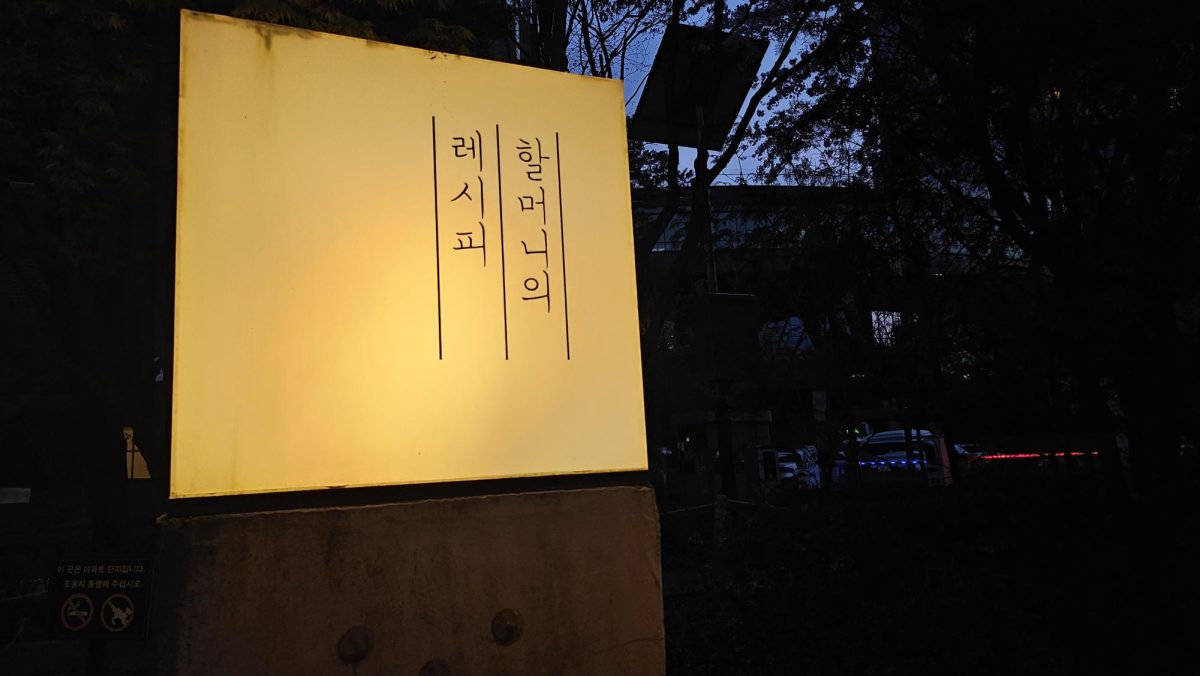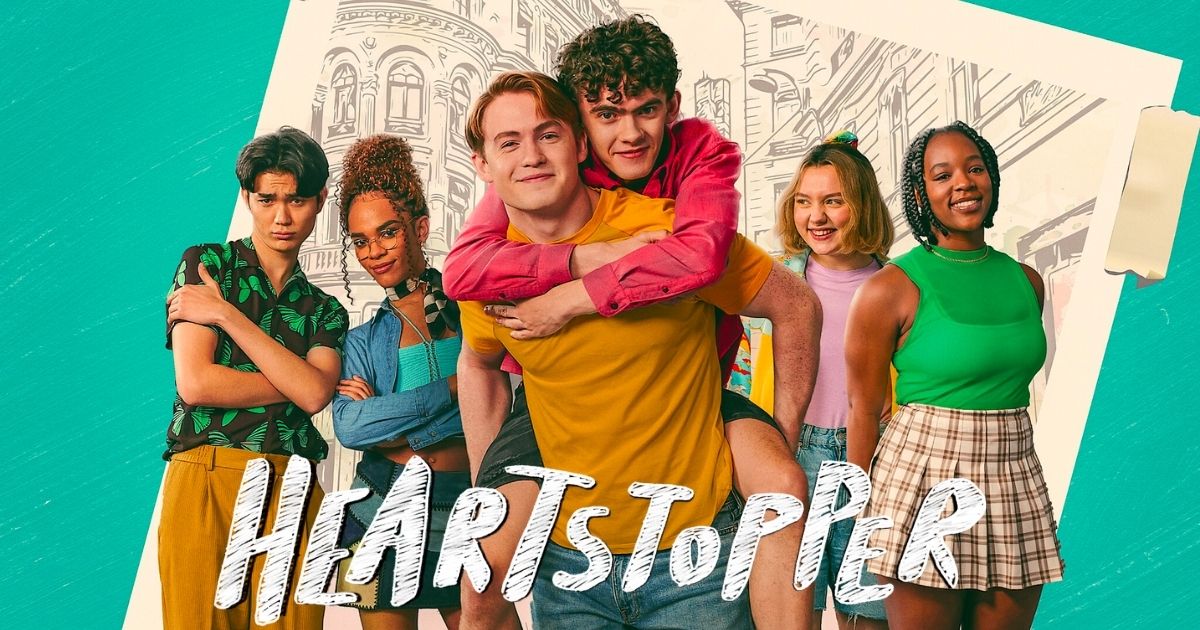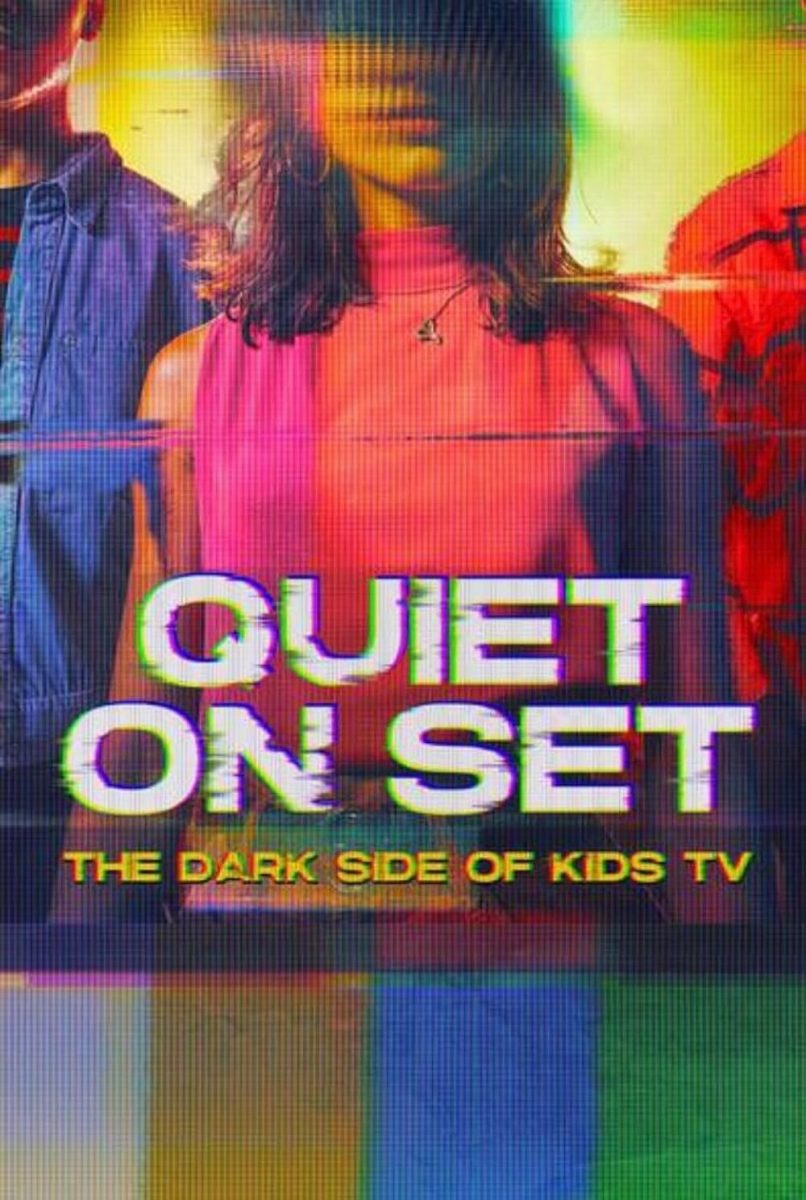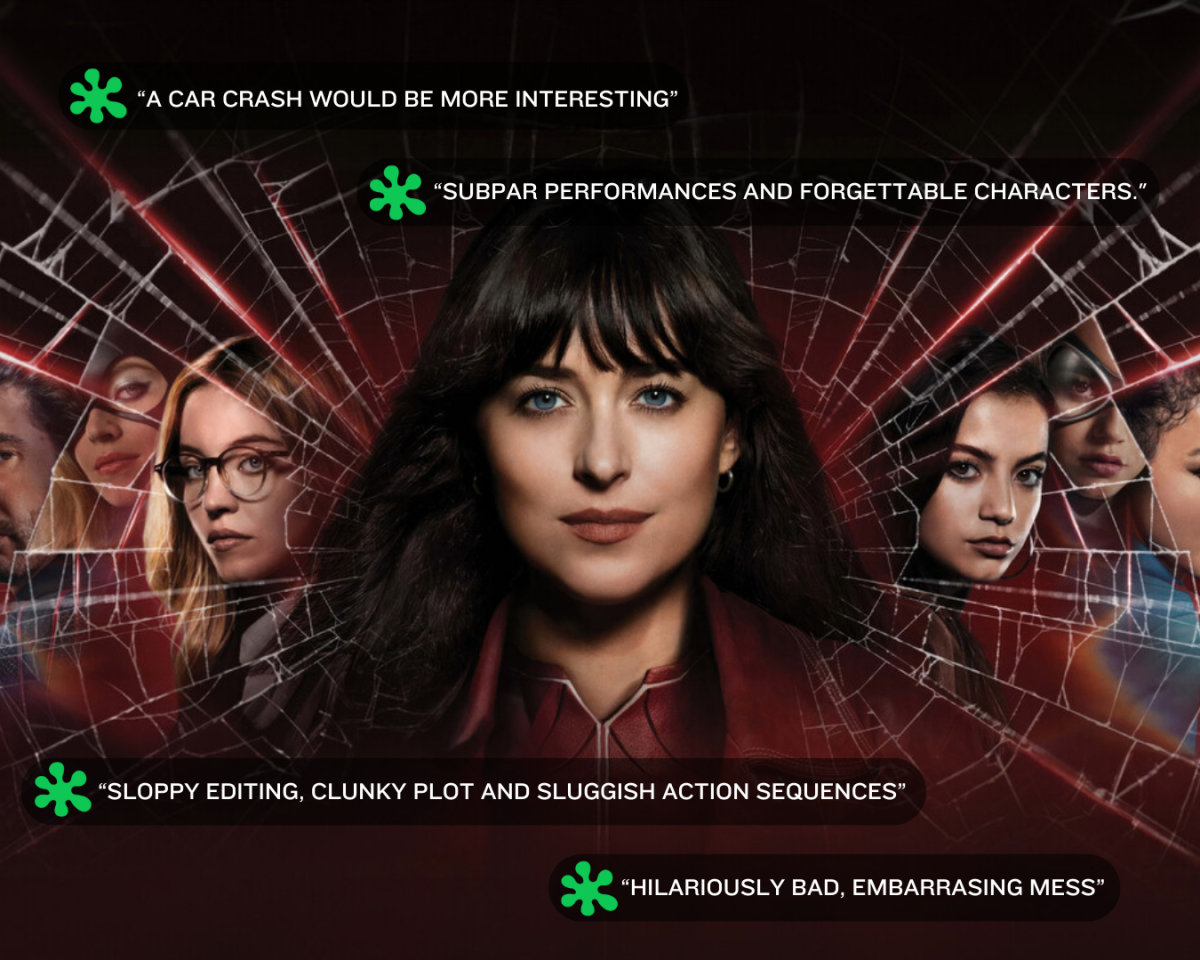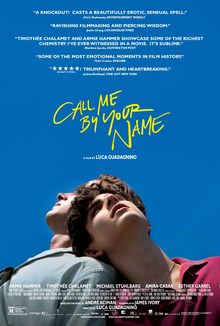
Lajiere Blake, arts and culture editor, is a senior journalism major with a minor in filmmaking.
Films showcasing queer relationships are thriving. They’re loved by many people outside of the communities they are meant to represent. Finding representation through our media is an initiative that has gained traction over the years. Marginalized groups are given the opportunity to accurately tell their stories with characters that look like them.
These films are necessary, but representation is only a fraction of the work society must do. It’s important to ensure changes translate over to the real world and aren’t just relegated to a screen.
“Call Me By Your Name” is based on a novel by André Aciman and starred Armie Hammer and Timothée Chalamet. The film steadily explores the relationship between the two characters and highlights the often complicated journey of discovering love. The film was released in 2017 with a budget of $3.5 million and made $41.9 million at the box office worldwide.
The infamous peach scene is an integral example of exploration in the film. It showed the visceral desire between Elio and Oliver as well as the clear need they had for each other.
“The film does this all the time. It takes a very physical, almost lusty moment, and finds its emotional equivalent right away so that it never allows you to dwell on the physical without ever giving you also the emotional counterpoint to it,” Aciman said.
Lust and love are often intertwined and the film shows the very real emotional battle between the two. No matter the reaction to the scene, from being grossed out or utterly captivated, it’s a moment that resonates.
Desire is a huge aspect of any relationship and it’s vital that these films hold no bars when it comes to showcasing it. Queer love is important to see; it’s a clear push against the harmful stereotype of promiscuity among the LGBTQ+ community. Although societal acceptance isn’t the goal, the normalization of these relationships lead to wider understanding of LGBTQ people.
“Portrait of A Lady on Fire” is a French romantic drama that showcases a similar concept. The film is directed by Céline Sciamma and won the award for Best Screenplay at the 2017 Cannes Film Festival.
The film merges art and love in a way that entraps you. It speaks of love gently and shows the natural progression of desire. From the first scene, we get a taste of desire between characters Marianne and Héloïse. Marianne is asked about a portrait of a woman during her art class and through a flashback, we are introduced to the relationship.
“The film is a love story, but it’s also about creating. That’s why I decided to depart from the biopic dynamic, which is always about this strong portrait of a strong woman and I think this is politically not good,” Sciamma said in an interview with Vox.
The trust the women build is shown through the progression of Marianne’s portrait of Héloïse. The level of intimacy the pair achieves is evident through the art. It’s a powerful vessel for storytelling. The film not only provides space to tell the story of two women in love, but it also brings visibility to abortion.
“Call Me by Your Name” and “Portrait of A Lady on Fire” are meaningful films with a leading cast of white characters. This doesn’t detract from their importance, but it’s essential to recognize that people of color can also exist in these moments.
It is critical to highlight films that feature queer people of color. Their love is just as important to show, and just as powerful and endearing as heterosexual relationships or queer relationships with white counterparts.
“Pariah” is a coming of age film that provides representation for young lesbian Black women. It’s directed by Dee Rees and highlights the struggle of identifying oneself, which can be especially hard when there are so many messages that attempt to decide for you.
The main character, Alike, is told by her parents that she can’t be gay and told by her community what kind of gay she is allowed to be. Alike embarks on the dubious task of fighting these messages while attempting to stay authentic to herself. The film includes aspects that are based on the director’s real life.
“Like Alike, my struggle was understanding that there’s a range of gender identity and that you don’t have to check a box,” Rees said.
Every part of the film is executed with purpose and Rees does an excellent job of exploring a universal problem. Alike’s desires are shown beautifully and realistically, and reminds viewers that we don’t always get what we want.
Each of these films does the necessary task of telling a story. Queer people need desire and everyday occurrences to be shown on the big screen. Not only for the sake of representation, but for the sake of good art.











